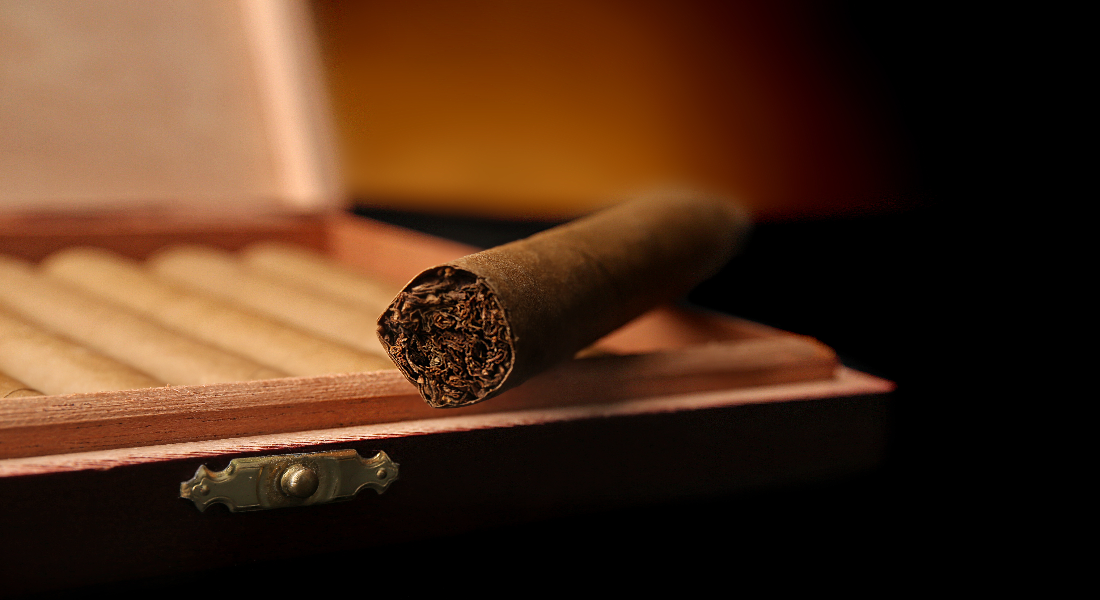Nota: A Inventa não opera diretamente nesta jurisdição. O serviço é assegurado pela nossa rede de parceiros e colegas.
Vias de proteção
Formas de proteger a sua invenção
As Patentes protegem as suas invenções. Após de um pedido bem sucedido, ser-lhe-á atribuído um monopólio para a explorar a sua invenção durante um determinado período de tempo.
As Patentes Nacionais são a forma mais eficiente de defender a sua invenção se apenas a quiser proteger num só país. Se isto não for suficiente para cumprir os seus requisitos, poderá optar pelos seguintes acordos internacionais:

PCT (Tratado de Cooperação em matéria de Patentes)
O sistema da PCT simplifica a internacionalização de patentes, que por sua vez facilita o depósito a nivel nacional.
Informação Adicional
Discuta a sua estratégia de Proteção de Propriedade Intelectual connosco
Se necessita de proteger a sua Propriedade Intelectual no estrangeiro, confie na nossa rede de escritórios e parceiros para assegurar um serviço de qualidade em qualquer ponto do globo.
Se tiver questões adicionais, teremos todo o gosto em agendar uma teleconferência para esclarecer as suas dúvidas.
Agendar teleconferênciaCuba
Detalhes e Períodos
Reivindicação de prioridade
Disponível
Exame Substantivo
Disponível
Órgão responsável por pedidos de caducidade
Instituto
Período estimado até concessão
4 anos
Período de oposição
2 meses
Requisitos do Registo Nacional
Requisitos do Pedido de Registo
- Procuração com assinatura simples.
- Dados do requerente.
- Cópia do documento de prioridade (se aplicável).
- Informação do inventor.
- Contrato de Cessão, simplesmente assinado (se aplicável).
- Título, descrição, reivindicações e desenhos da Patente.
Requisitos de Renovação
- Procuração com assinatura simples.
- número de patente.
Requisitos de Transmissão
- Procuração com assinatura simples.
- Contrato de cessão.
Requisitos de Mudança de Nome
- Procuração com assinatura simples.
- Certificado de mudança de nome.
Requisitos de Mudança de Morada
- Procuração com assinatura simples.
- Comprovativo de alteração de morada.
Requisitos de Licenciamento
- Procuração com assinatura simples.
- Contrato de licença, simplesmente assinado.
Requisitos de PCT
Requisitos do Pedido de Registo
- Procuração com assinatura simples.
- Dados do requerente.
- Cópia do documento de prioridade (se aplicável).
- Informação do inventor.
- Documento da PCT.
- Contrato de Cessão, simplesmente assinado (se aplicável).
- Título, descrição, reivindicações e desenhos da Patente.
Requisitos de Renovação
- Procuração com assinatura simples.
Requisitos de Transmissão
- Procuração com assinatura simples.
- Contrato de cessão.
Requisitos de Mudança de Nome
- Procuração com assinatura simples.
- Certificado de mudança de nome.
Requisitos de Mudança de Morada
- Procuração com assinatura simples.
- Comprovativo de alteração de morada.
Requisitos de Licenciamento
- Procuração com assinatura simples.
- Contrato de licença, simplesmente assinado.
Últimas noticias

